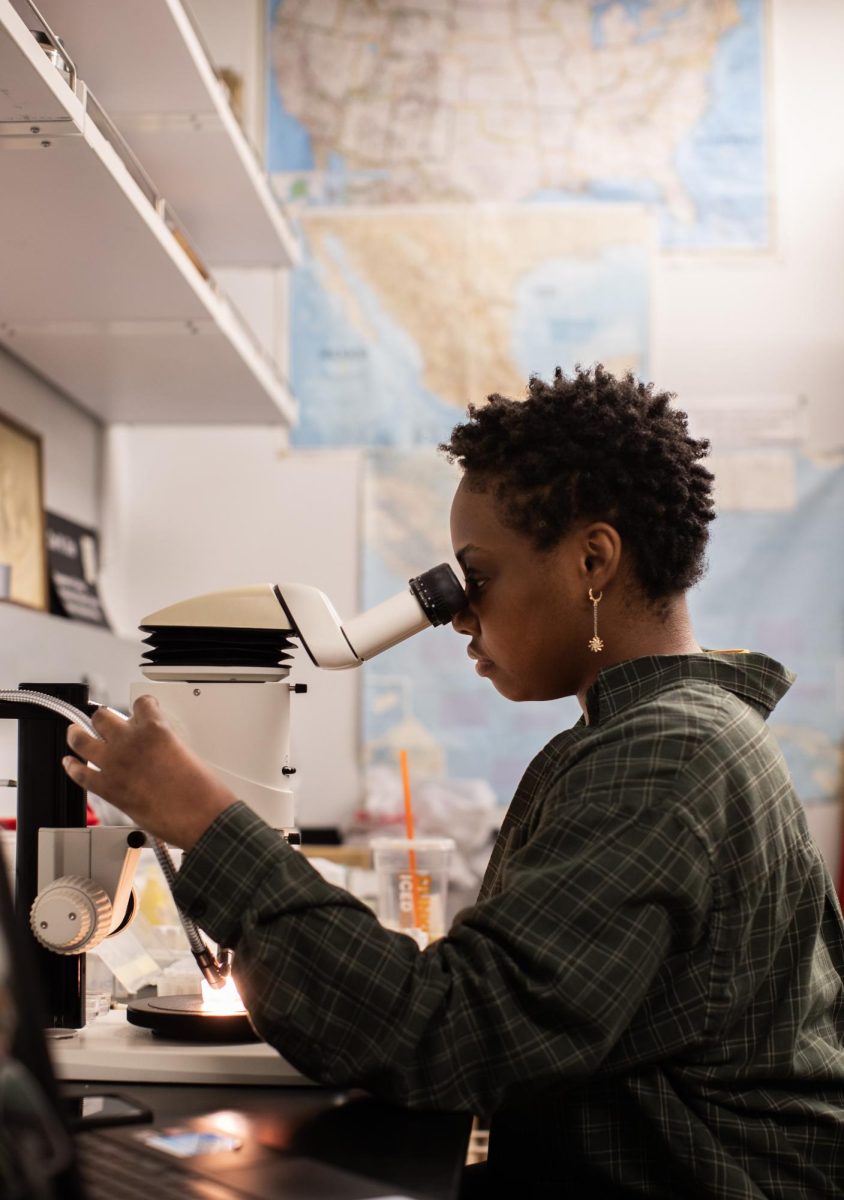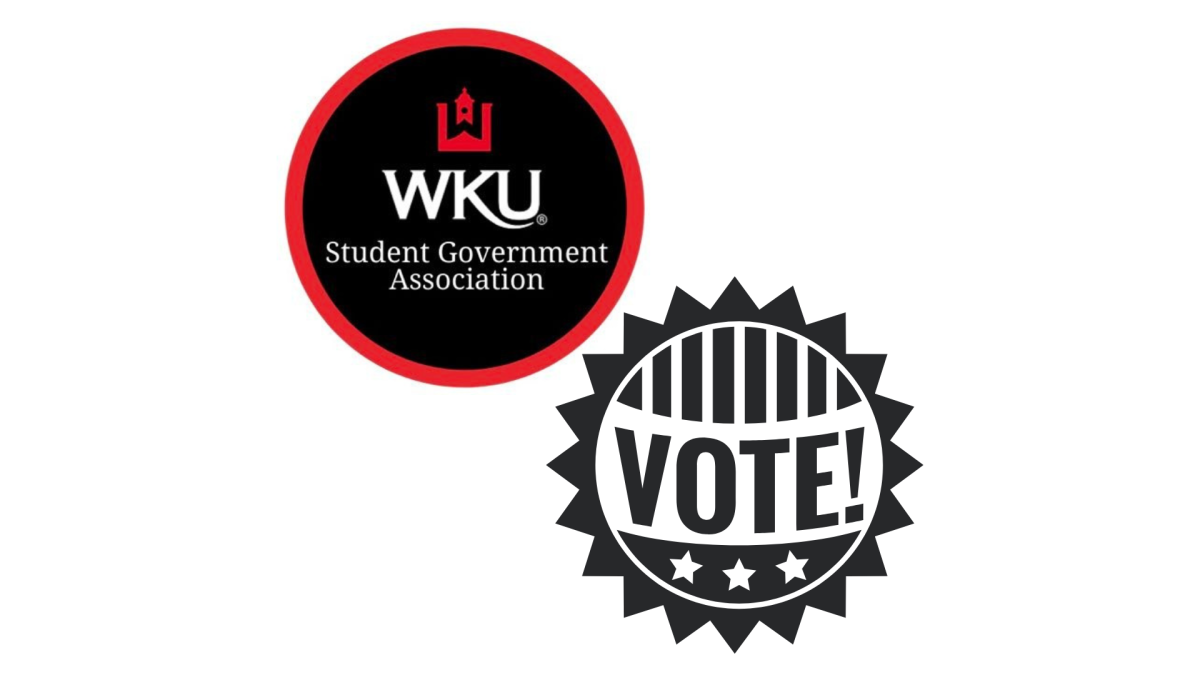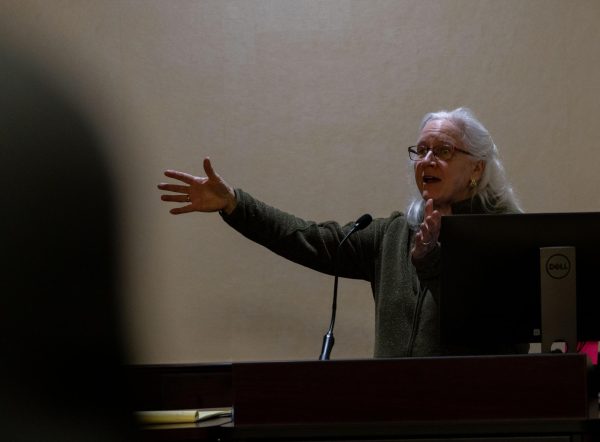WKU prepping for university reaccreditation
September 26, 2013
Every ten years, WKU seeks reaccreditation from the Southern Association of Colleges and Schools Commission on Colleges to ensure the school’s quality.
WKU will be seeking reaccreditation in 2015, but the process of preparing the university is already underway.
President Gary Ransdell said accreditation serves many purposes.
“The accreditation process assures state government and the public that we have high quality and that students and families are assured that the degrees that are being pursued are relevant and strong,” Ransdell said.
He said losing accreditation can be “deadly” to an institution.
“Students come here because they want to graduate from an accredited institution,” Ransdell said. “If we’re not accredited, those degrees lose meaning.”
The SACS accreditation reaffirmation process is made up of many parts.
One component is the compliance report, written by several people from various committees. The report contains information about admission standards, student support services and assessment of degree programs. The report is prepared to show SACS that WKU fulfills the requirements needed for accreditation reaffirmation.
Another component of the accreditation reaffirmation process is an on-site visit consisting of faculty members, provosts and deans from other institutions. WKU’s visit is set for spring 2015 and will last for a few days.
“When SACS puts a committee together, they’ll come and visit our campus and we have to demonstrate that we’re compliant with all of the SACS standards to have our accreditation reaffirmed,” Ransdell said.
SACS takes into account factors, such as roles of the Board of Regents, financial stability, faculty and curriculum when establishing its standards.
“It’s just a whole range of dozens and dozens of standards that we’ve got to meet in order to continue to be accredited,” Ransdell said.
He said an institution is given the chance to address any deficiencies it has before it becomes unaccredited. The strategy to fix any problems would depend on the problem itself.
Gordon Emslie, provost and vice president for Academic Affairs, said unaccredited institutions’ students are not eligible for financial aid.
“Imagine a university where students had no access to FAFSA or any kind of federal aid to pursue their studies,” Emslie said. “That’s a very important element of higher education today.”
A required and crucial part of the SACS affirmation process is a Quality Enhancement Plan, which “describes a carefully designed and focused course of action that addresses a well-defined topic or issue(s) related to enhancing student learning,” according to the SACS COC website.
Although it has not been confirmed, the QEP will most likely involve “Evidence and Argument,” obtaining and presenting information.
“We have evidence to suggest that we could do a better job in preparing students to obtain information from all these different sources, whether it’s printed media, electronic media, oral communication,” Emslie said.
WKU will know of it its accreditation reaffirmation status in December 2015.
























